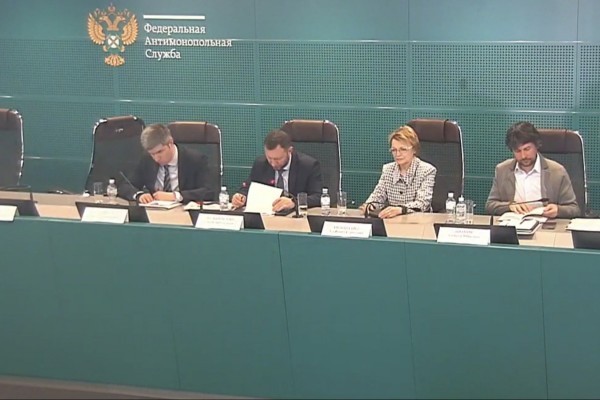From November 30 to December 1, Skolkovo hosted the VIII International Conference "Antimonopoly Policy: Science, Practice, Education" organized by the BRICS Competition Law and Policy Centre jointly with the Federal Antimonopoly Service of Russia and the Skolkovo Foundation. The conference was attended by experts, scientists, as well as representatives of foreign competition authorities and international organizations — about 150 people in total.
At the plenary session dedicated to the 30th anniversary of the Constitution of the Russian Federation, Maxim Shaskolsky, Head of the Federal Antimonopoly Service (FAS) of Russia, emphasized that the protection of competition is enshrined in the basic law of the country as one of the foundations of the constitutional order. The Head of the FAS noted the current areas of improvement of the country's legislation: the introduction of a compulsory licensing mechanism, the development of parallel imports, the protection of the interests of consumers and bona fide participants of digital markets from abuse by "digital monopolies", as well as the solution of the problem of antimonopoly "immunities" in the field of intellectual property.
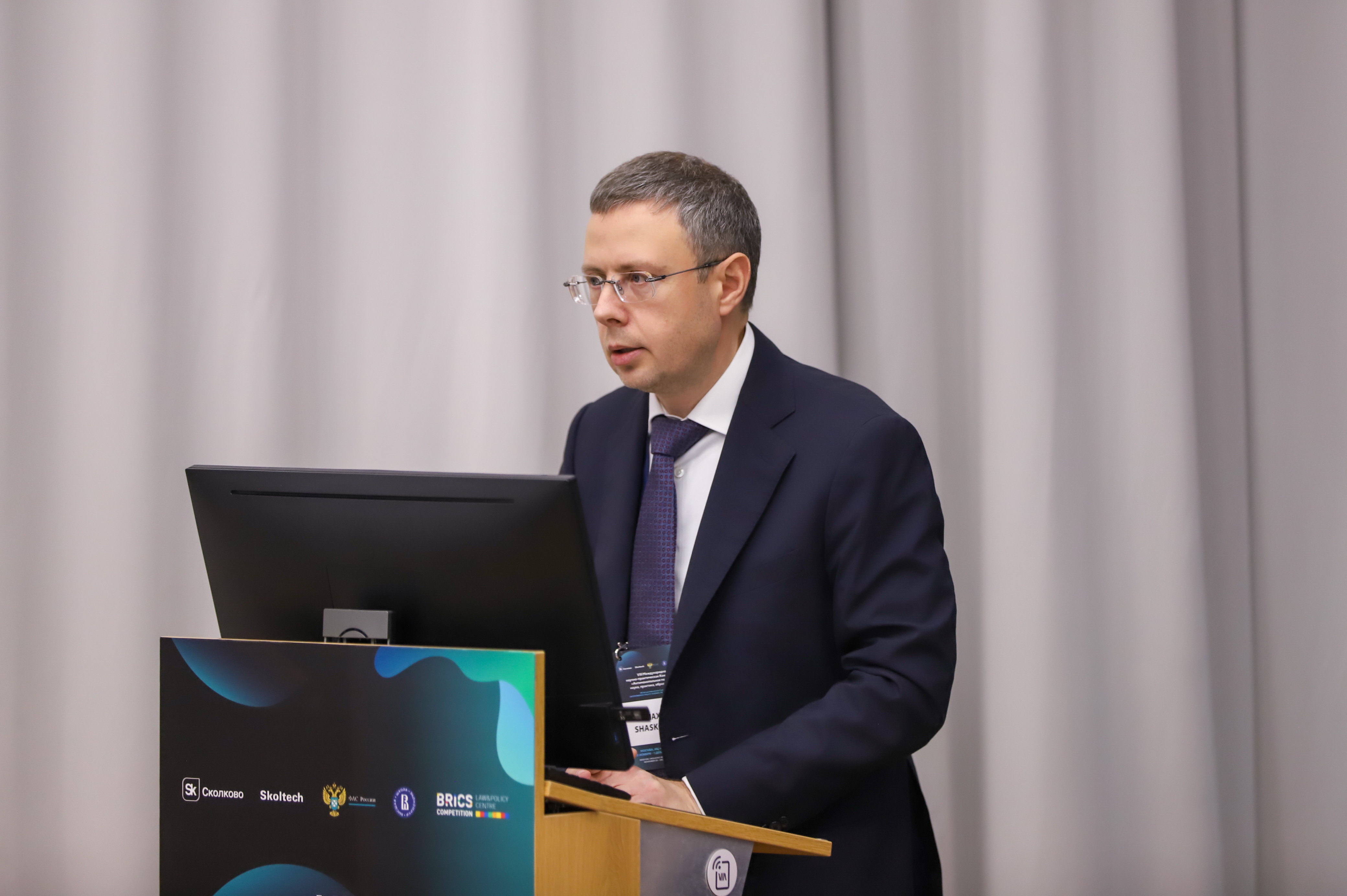
It is necessary to take into account the basic values of the Constitution and the human-centered principle, which is embodied, among other things, in granting the right to engage in economic activity (Article 34 of the Constitution of the Russian Federation), reminded Alexey Ivanov, Director of the BRICS Competition Law and Policy Centre. His report described the main steps to "reconstitutionalize" competition law. These include abandoning the outdated industrial logic of market regulation, developing entrepreneurial initiative (in particular, developing the institute of class action, simplifying the mechanism of damages recovery and introducing specialized judicial compositions), and ensuring the institutional independence of the antimonopoly regulator.
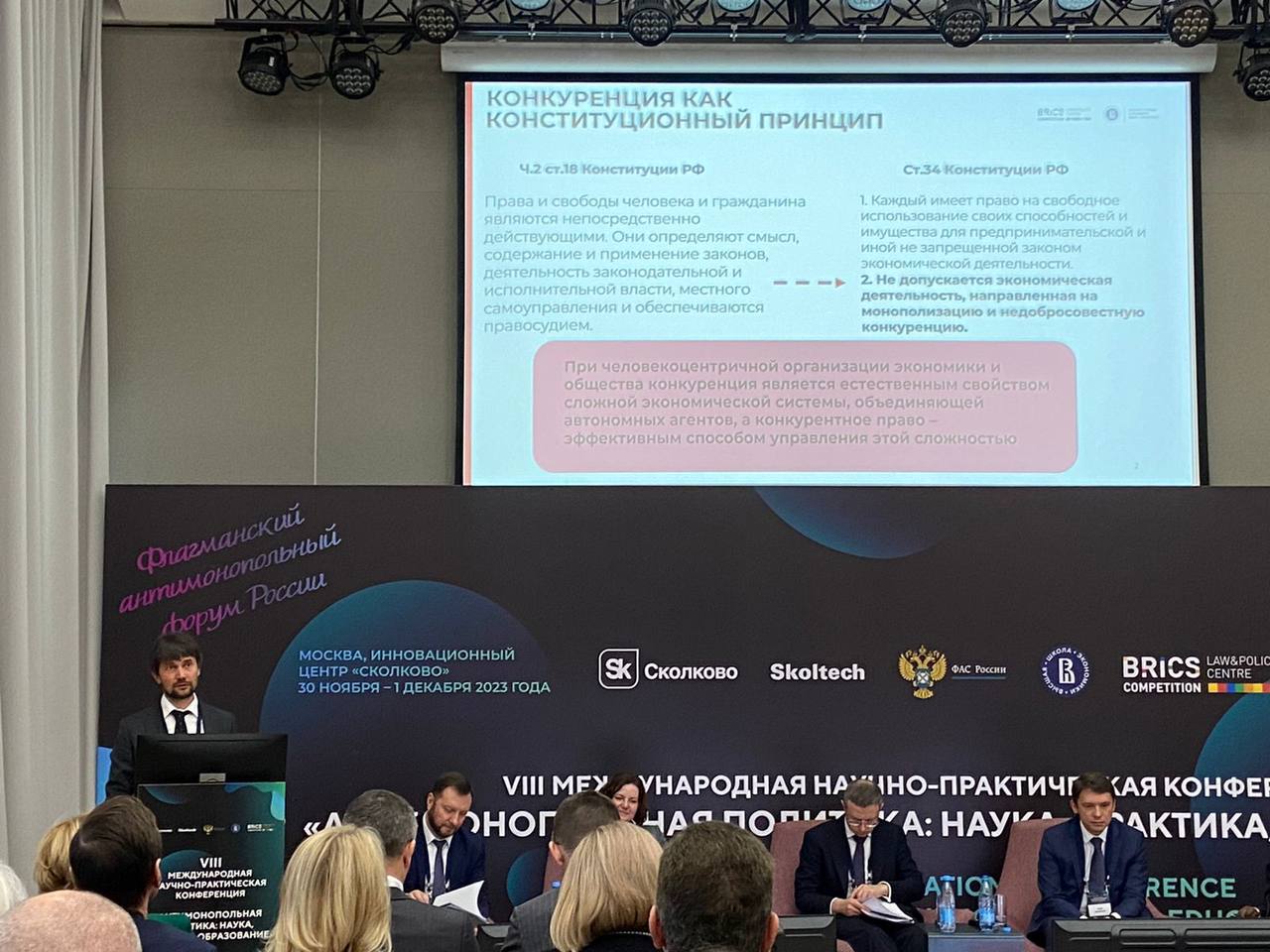
"We have excessively focused on the control and supervisory function of the state — to restrict, to establish clear prohibitions for economic entities. Antitrust also has an important function of revitalizing the economy, which today is not fully implemented in our legislation. I am confident that we have the potential to ensure the realization of this constitutional concept,"
Ivanov emphasized.
Human-centeredness is the most important distinguishing feature of the Russian Constitution, and it is noteworthy that in Russian court practice, antitrust law norms in some cases are already interpreted through the prism of the meaning of constitutional norms, said Anna Alexeeva, Head of the Department of Commercial Law and Process at the Research Center of Private Law n.a. S.S. Alekseev under the President of the Russian Federation. While preserving these basic constitutional values and the balance between freedom of economic activity and restrictions, it is important to focus on supporting market participants rather than tightening the screws, the speaker added.
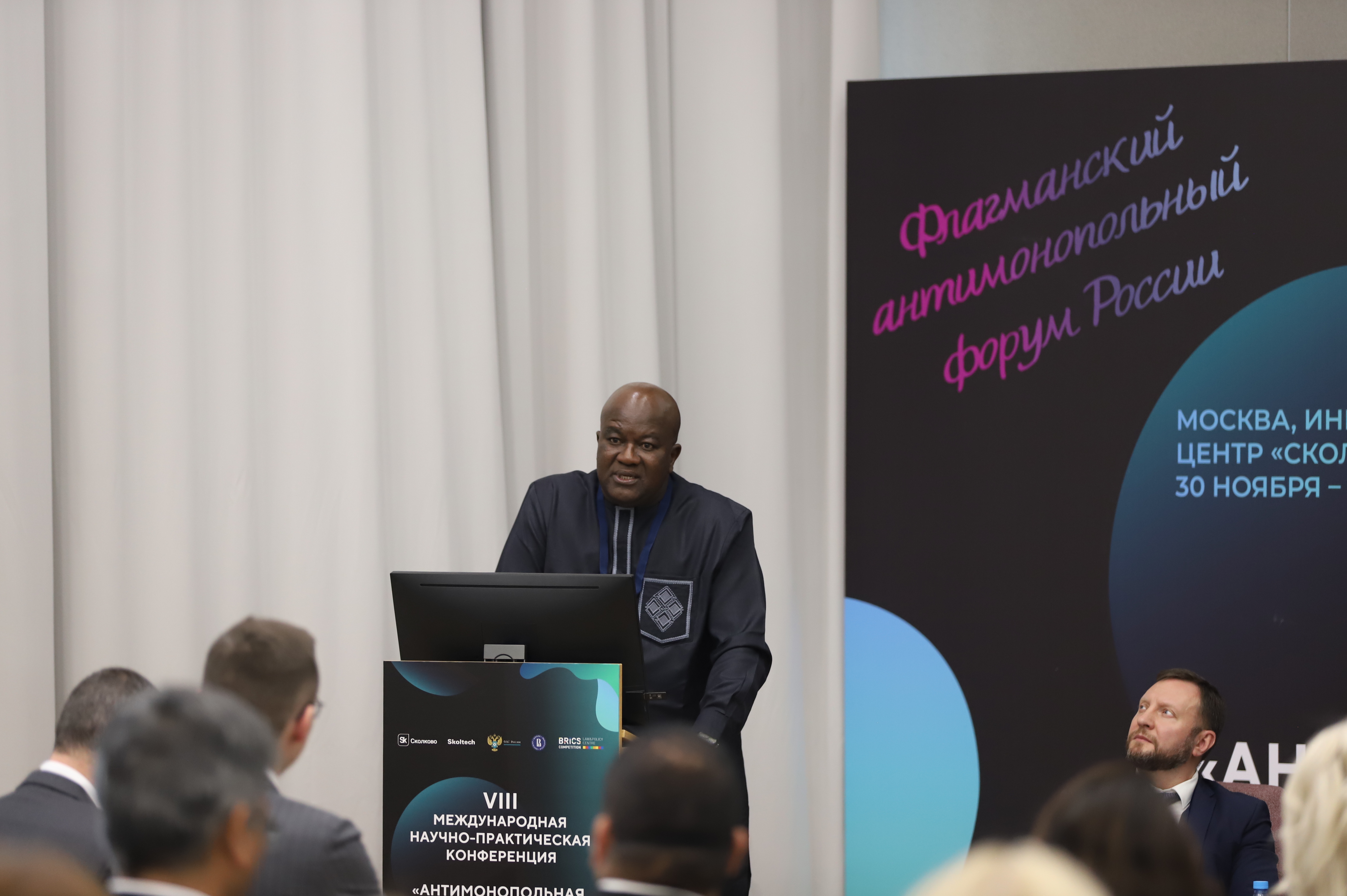
Amadou Ceesay, Chief Executive of the Gambia Commission for Competition and Consumer Protection (GCCPC), spoke about the system of constitutional safeguards to protect competition in the Republic of The Gambia. He also presented the latest initiatives of the Commission to promote competition in the public procurement sector and to adjust the competition law to the digital realities.
Shushan Sargsyan, Member, Commission for Protection of Competition of the Republic of Armenia, emphasized the importance of the autonomous status granted to the Commission in 2005. The provisions of the Law on Competition of Armenia provide financial, organizational, institutional and functional guarantees for the independence of the Commission and its members, she stressed.
At the conference, the experts also discussed the main problems and prospects of combating cartels. Anton Teslenko, Head of Fiscal Control Department of FAS Russia, emphasized the need to develop a clear and transparent criminal law policy in the field of competition protection.
"It is time to agree on what of what we call the prevention and restriction of competition, should fall into the criminal law and under what conditions, and what should remain exclusively in the sphere of civil law disputes and entail administrative responsibility,"
stressed Teslenko.
Special attention in the session devoted to countering cartels was paid to the digitalization of the process of identifying signs of anticompetitive agreements. Thus, Chester Njobvu,Senior Research Analyst of Restrictive Business Practices at Competition & Consumer Protection Commission of Zambia, spoke about the practices of detecting anticompetitive agreements, including the study of digital media, company websites, social networks and messengers of employees, etc. Evgeny Ashikhmin, Head of the Training and Analytical Center of SEUSLAB LLC, showed how the company's technologies can be used to identify signs of affiliation of cartel participants using open data from social networks, and Mikhail Favorov, Technical Director at Big Troika LLC, demonstrated the work of a digital platform that allows analyzing public procurement contracts.
During the conference, the experts also addressed the issues of antitrust control over mergers and acquisitions. According to a survey by the BRICS Centre, the antitrust agencies of the five BRICS member countries are ready to enhance cooperation in the area of coordination of economic concentration transactions. This will help overcome the imbalance between the global scale of the modern economy and the local nature of antitrust regulation, emphasized Alexey Ivanov, who moderated the session.
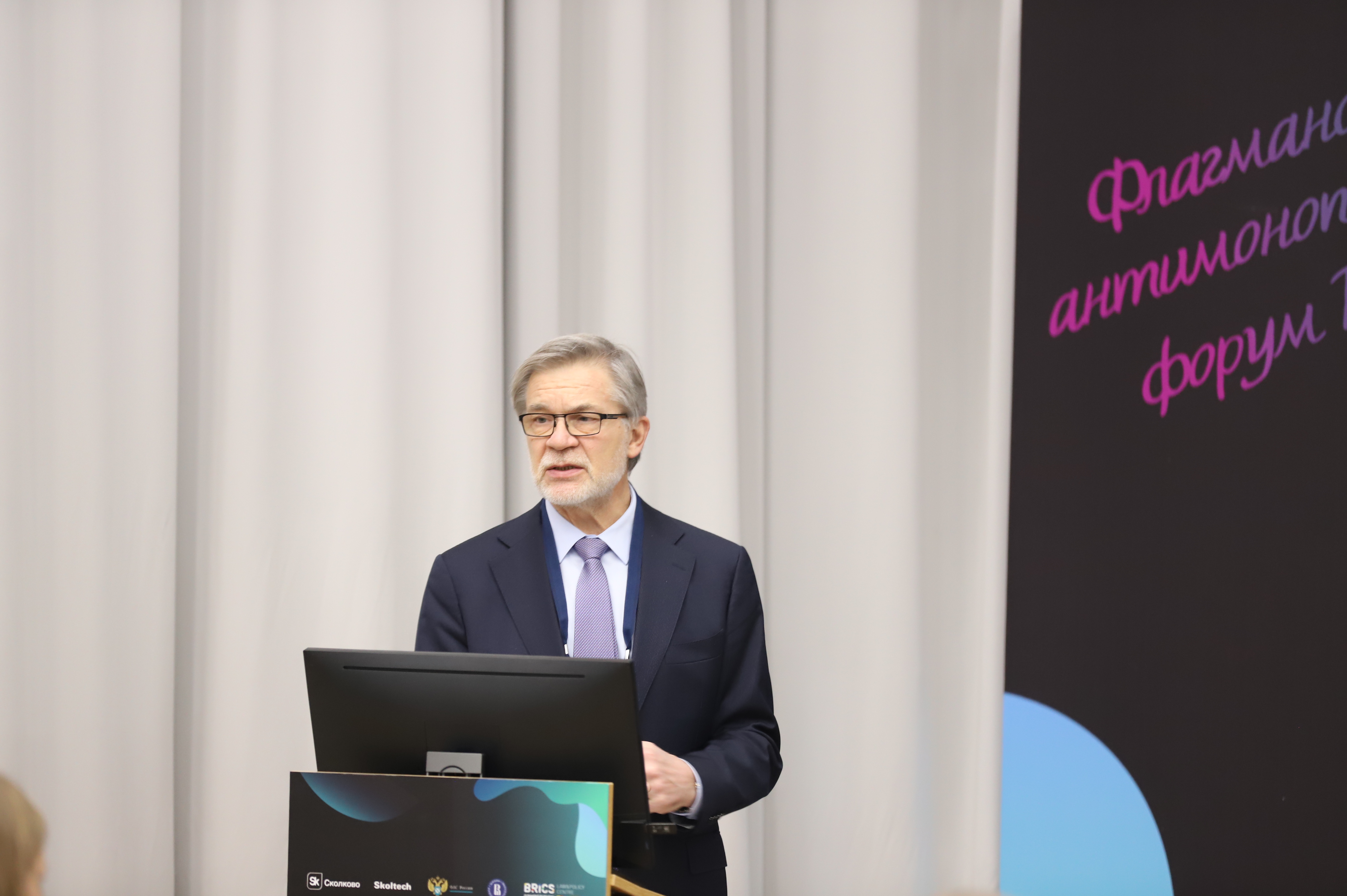
International cooperation in assessing transactions is of particular importance in the context of globalization, agreed Andrey Tsyganov, Deputy Head of FAS Russia. Cooperation between antimonopoly authorities of different countries when considering the same merger is beneficial not only for all parties to the transaction, but also for consumers. Such cooperation helps to find missing information about the transaction, optimize the merger review procedure by saving human resources, reducing the burden on companies, speeding up the transaction review process and avoiding or minimizing asymmetry of remedies.
Dr. Willard Mwemba, Director and Chief Executive Officer of the COMESA Competition Commission, outlined the various ways in which the Commission was working with COMESA member states to improve merger regulation and the role of national competition authorities during merger assessment. He also emphasized that the Commission was in the process of enhancing cooperation with FAS Russia, the Eurasian Economic Commission (EEC) and the BRICS countries.
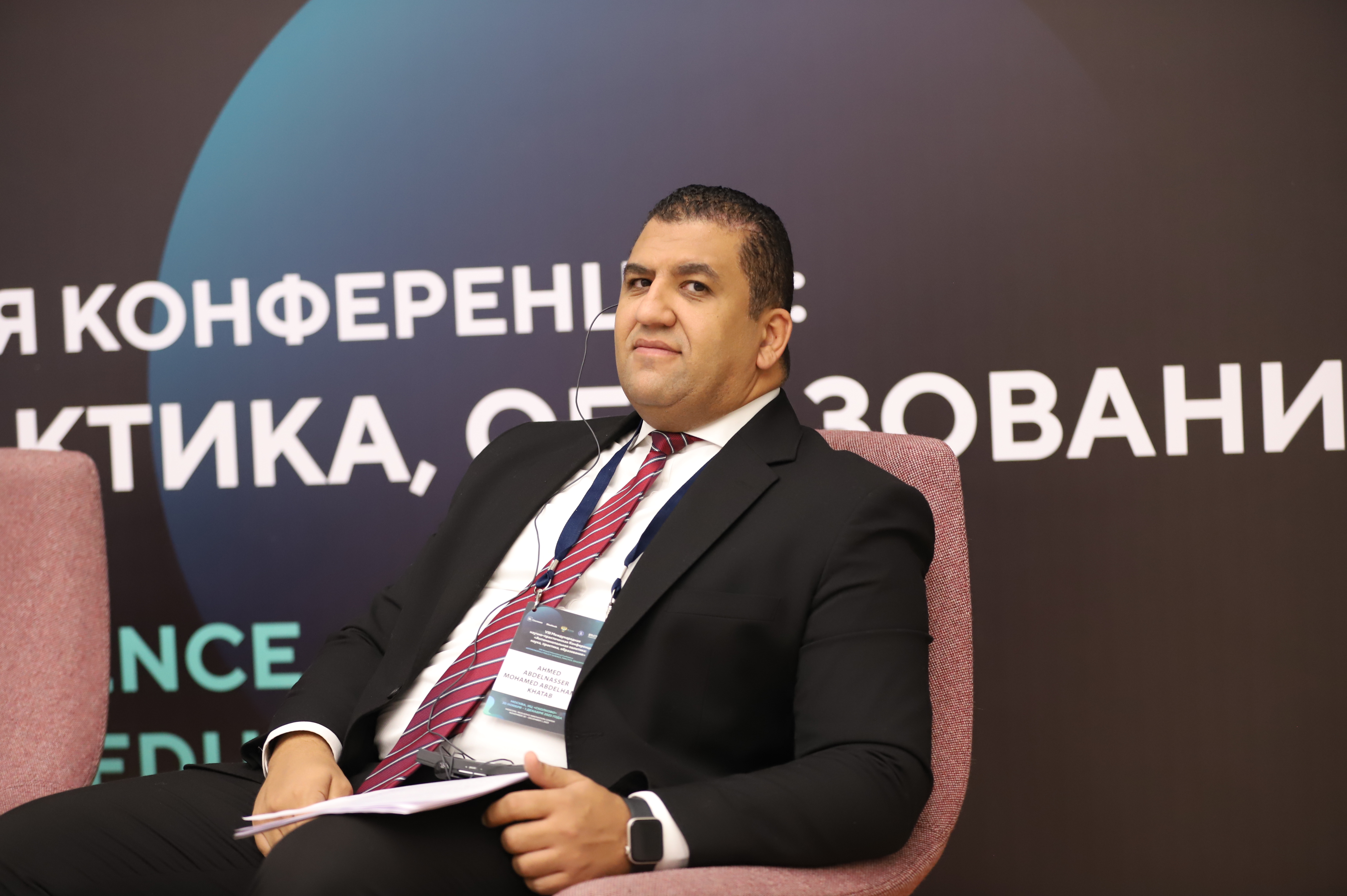
Egypt's Competition Law, updated last December, requires large economic concentration transactions to receive prior approval from the Egyptian Competition Authority (ECA). Ahmed Abdelnasser Mohamed Abdelhamid Khatab, Judge, Deputy Head of the Egyptian Competition Authority, spoke about the specifics of the new regulatory regime and noted that the adopted amendments allow the ECA to assess economic concentration transactions that do not exceed turnover/value of assets thresholds if the transaction is proven to impede or restrict competition.
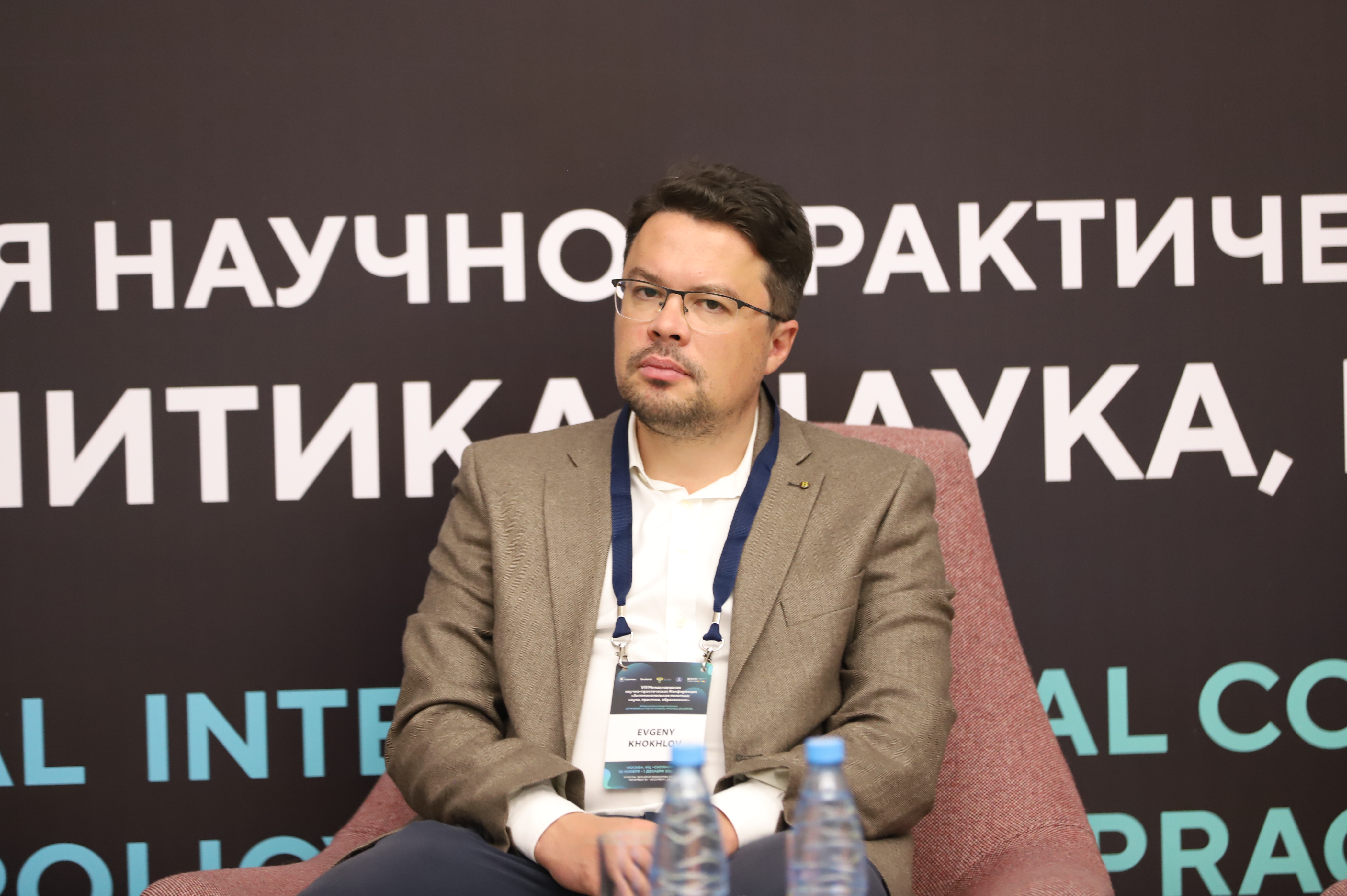
Remedy is one of the main tools used by competition authorities in control of economic concentration and suppression of infringements. Structural remedies prevail in developed countries, while in Russia and other BRICS countries more flexible behavioral remedies s are often proposed, said Evgeny Khokhlov, Partner of the consulting firm Antitrust Advisory. By strengthening international cooperation, BRICS antimonopoly authorities could share experience in this area, develop common approaches and improve regulatory solutions, noted the speaker.
VIII International Conference "Antimonopoly Policy: Science, Practice, Education" was attended by Russian and foreign scientists, lawyers and innovative entrepreneurs. In addition, the participants were representatives of competition authorities of the BRICS countries, as well as Egypt, Saudi Arabia, Tanzania, Zambia, Gambia and Armenia. The conference also included bilateral meeting between Head of the FAS Russia Mr. Maxim Shaskolsky and Chairman of the Fair Competition Commission of Tanzania Dr. Aggrey Mlimuka, and signing ceremony of the MoU between the FAS Russia and The Gambia Competition and Consumer Protection Commission.




